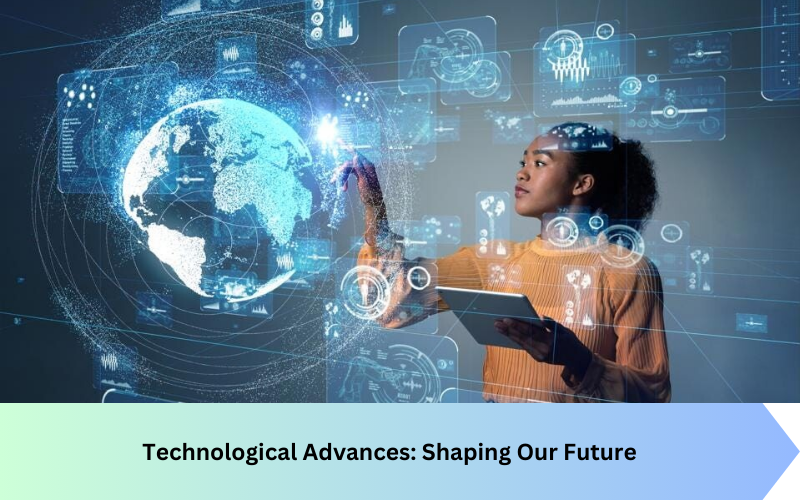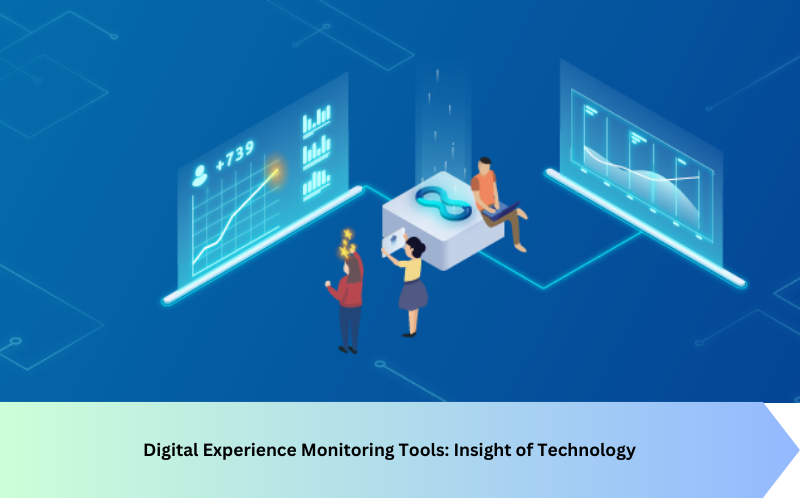Introduction
Technological advances have always been the driving force behind societal progress. From the invention of the wheel to the rise of the internet, technology continuously transforms how we live, work, and interact with the world. Let’s dive into the remarkable journey of technological advances and their profound impact on our lives.
The Evolution of Technology
From Past to Present
The journey of technological evolution is a fascinating one. It started with simple tools crafted from stone and wood, gradually advancing to complex machines and digital devices. Each era of technological development brought new possibilities and reshaped human civilization.
Key Milestones in Technological History
Key milestones include the invention of the printing press, which revolutionized information dissemination, and the Industrial Revolution, which introduced mass production. The 20th century saw the rise of computers and the internet, setting the stage for the digital age we live in today.
Impact on Communication
The Internet Revolution
The internet is arguably one of the most significant technological advances. It has connected the world in unprecedented ways, making information accessible to billions. From emails to instant messaging and video calls, the internet has transformed communication.
Social Media Platforms
Social media platforms like Facebook, Twitter, and Instagram have changed how we interact. They have created new avenues for sharing experiences, building communities, and even driving social change. The power of social media is evident in its ability to influence opinions and mobilize movements.
Advancements in Healthcare
Medical Imaging and Diagnostics
Technological advances in healthcare have saved countless lives. Innovations like MRI and CT scans allow for precise diagnosis and treatment planning. These imaging technologies provide detailed insights into the human body, enabling early detection of diseases.
Telemedicine
Telemedicine has made healthcare more accessible, especially for those in remote areas. Through video consultations and remote monitoring, patients can receive medical care without the need for physical visits, enhancing convenience and reducing healthcare costs.
The Rise of Artificial Intelligence
Machine Learning and AI
Artificial Intelligence (AI) is at the forefront of technological advances. Machine learning algorithms can analyze vast amounts of data, making predictions and decisions with remarkable accuracy. AI is used in various sectors, from healthcare to finance, driving efficiency and innovation.
Applications in Everyday Life
AI applications are becoming increasingly common in our daily lives. Virtual assistants like Siri and Alexa help manage tasks, while AI-powered recommendation systems enhance our online experiences by suggesting products, movies, and music tailored to our preferences.
Technological Advances in Education
E-Learning Platforms
Education has been transformed by technology through e-learning platforms like Coursera and Khan Academy. These platforms provide access to a wealth of knowledge, enabling lifelong learning and skill development from the comfort of home.
Virtual Reality in Classrooms
Virtual Reality (VR) is making its way into classrooms, offering immersive learning experiences. Students can explore historical sites, conduct virtual science experiments, and engage with interactive content, making learning more engaging and effective.
Transportation Innovations
Electric Vehicles
Electric vehicles (EVs) represent a major shift towards sustainable transportation. Companies like Tesla are leading the charge with innovative designs and improved battery technology, reducing our dependence on fossil fuels and lowering carbon emissions.
Autonomous Driving
Autonomous driving technology is revolutionizing how we think about transportation. Self-driving cars promise safer roads, reduced traffic congestion, and greater mobility for those unable to drive. While still in development, the potential impact is immense.
Smart Homes and IoT
Home Automation Systems
The Internet of Things (IoT) has brought smart homes to life. Home automation systems allow us to control lighting, heating, and security remotely, enhancing convenience and energy efficiency. Smart thermostats and voice-controlled assistants are just the beginning.
Benefits of Smart Devices
Smart devices contribute to a more connected and efficient lifestyle. From smart fridges that track groceries to wearable fitness trackers that monitor health, these devices provide real-time data and control, making daily tasks easier and more manageable.
Sustainable Technologies
Renewable Energy Sources
Renewable energy technologies are crucial in addressing climate change. Solar panels, wind turbines, and hydroelectric power systems provide clean, sustainable energy, reducing our reliance on fossil fuels and decreasing environmental impact.
Eco-friendly Innovations
Eco-friendly innovations extend beyond energy production. Advancements in materials science have led to biodegradable plastics, while smart agriculture technologies optimize resource use, reducing waste and promoting sustainability in food production.
Entertainment and Media
Streaming Services
The entertainment industry has been transformed by streaming services like Netflix and Spotify. These platforms offer on-demand access to a vast array of content, changing how we consume media and creating new opportunities for content creators.
Virtual and Augmented Reality
Virtual and Augmented Reality (VR and AR) are reshaping entertainment experiences. VR immerses users in digital environments, while AR overlays digital information onto the real world. These technologies are used in gaming, education, and even professional training.
Workplace Transformation
Remote Work Technologies
Remote work technologies have become essential, especially in the wake of the COVID-19 pandemic. Tools like Zoom and Slack facilitate communication and collaboration, enabling employees to work from anywhere, increasing flexibility and productivity.
Digital Collaboration Tools
Digital collaboration tools streamline project management and teamwork. Platforms like Trello and Asana help teams stay organized, track progress, and meet deadlines, making remote and hybrid work models more effective.
Security and Privacy Concerns
Cybersecurity Measures
As we become more reliant on technology, cybersecurity becomes increasingly important. Advanced security measures, such as encryption and biometric authentication, protect our data from cyber threats, ensuring our digital lives remain secure.
Data Protection
Data protection is a significant concern in the digital age. Regulations like GDPR and technologies like blockchain are implemented to safeguard personal information, ensuring privacy and building trust in digital transactions.
The Future of Technology
Emerging Technologies
The future of technology holds exciting possibilities. Emerging technologies like quantum computing, 5G, and biotech innovations promise to revolutionize various sectors, offering new solutions to complex problems.
Predictions and Trends
Experts predict continued growth in AI, increased automation, and the integration of technology into every aspect of our lives. Staying informed about these trends helps us prepare for and adapt to the changes ahead.
Challenges and Considerations
Ethical Implications
Technological advances bring ethical considerations. Issues like AI bias, data privacy, and the impact of automation on jobs must be addressed to ensure technology benefits society as a whole.
Accessibility and Digital Divide
Ensuring equal access to technology is crucial. The digital divide, where some have greater access to technology than others, can exacerbate inequalities. Efforts to bridge this gap are essential for inclusive progress.
Conclusion
Technological advances have profoundly shaped our world, driving progress and improving our quality of life. As we continue to innovate, it’s essential to consider the ethical and societal impacts, ensuring technology serves the greater good. Embracing these advancements with a mindful approach will help us build a brighter, more connected future.





